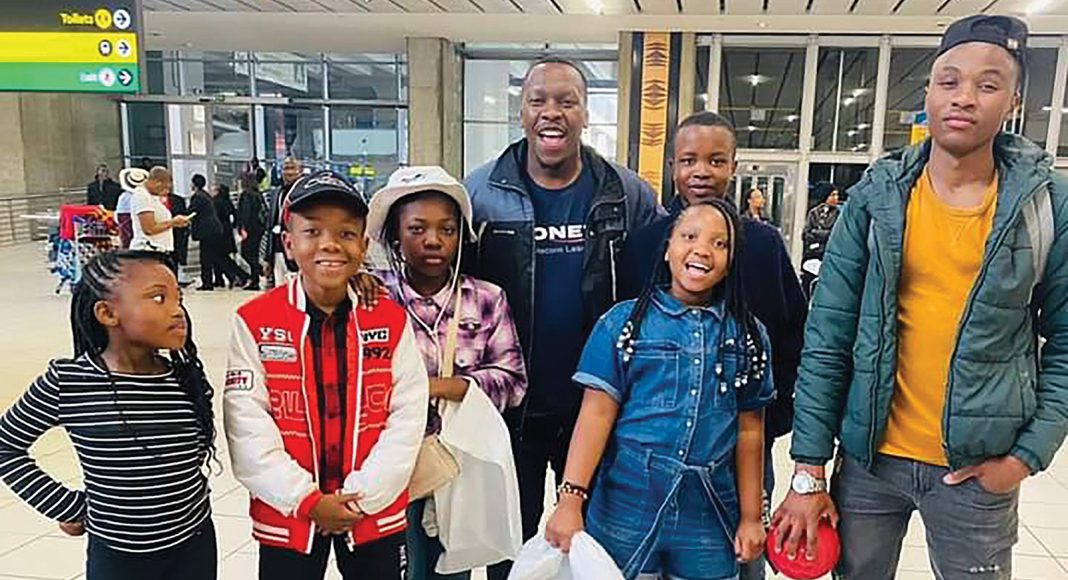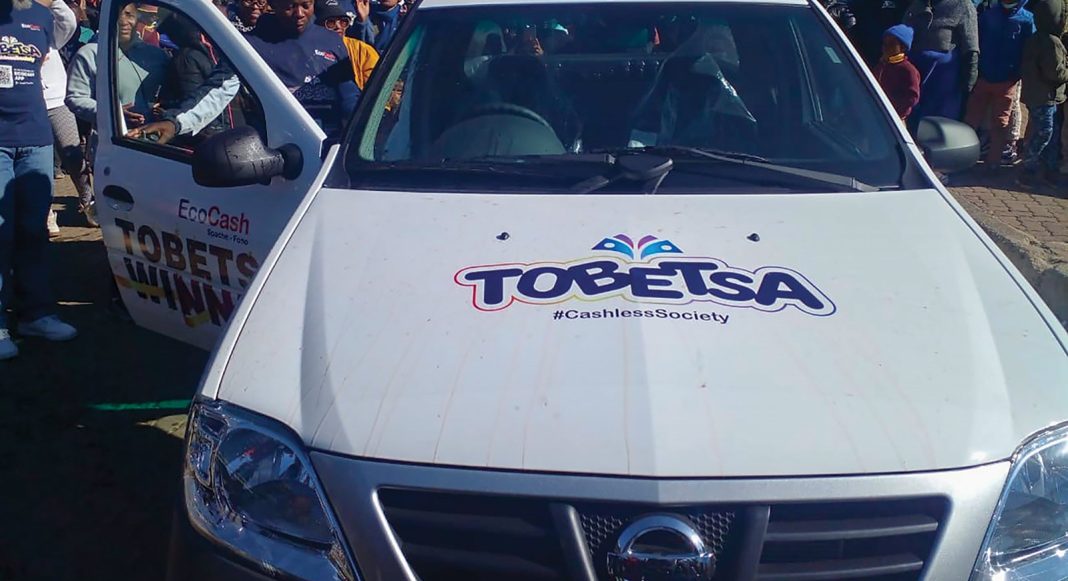Team Lesotho, represented by STEAMLes Robotics, made a remarkable impact at the Pan African Robotics Challenge 2024 that was held in Senegal earlier this month. The youngsters beat Senegal 14-0 to win the finals.
STEAMLes Robotics does not just teach children about robotics; they are shaping their future. Through innovative programmes, they are igniting a passion for science, technology, engineering, arts, and mathematics (STEAM) in young minds.
Among others, the organisation’s hands-on approach to learning allows children to explore, create, and problem-solve, developing critical skills that will serve them well beyond the classroom.
By taking students to compete in global robotics competitions, the aim is to open doors to new opportunities and experiences. These competitions not only showcase their skills but also instill confidence, teamwork, and a drive for excellence.
In an interview with theReporter this week, the founder and chief executive officer of STEAMLes club Itumeleng Mokopotsa said the organisation was established in 2019 by students from different schools under her mentorship, following their participations in international robotics competitions.
“They decided that this is what they want to do in the long term to open opportunities for other young people to be able to do the same. Their aim was to see more youths involved in the 21st century skills, as well as having opportunities to play a vital role in the future capital of work in the form of STEAM careers.
“The Pan African Robotics Challenge in Senegal was their first completion. The idea of being part of the competition came after we made the decision with my team to always participate in international competitions with older students from high school, and this time around we had decided to focus on young children from primary level,” Mokopotsa said.
She added that the children who participated were below the expected age. In the first category children who were expected participate had to be aged 11-15 while the Lesotho team was made up of children aged 8-11. The second competition was for 15-19’s but the locals aged 14-15 years.
“For us this competition was an assessment of our growth, we wanted to see if they could understand and apply things that we taught them. We also wanted to see if they could work under severe pressure.
“We wanted to see if they would remember to communicate, strategise, and apply scientific methods, especially because they were given a kit to build a robot on the spot. Therefore, we really never expected to win, rather to assess their progress from what we had taught them,” Mokopotsa enthused.
She added that people were surprised with their confidence and competence because they could ask and communicate with anybody and solve their problems despite being bullied by others.
In the Tech League, the team achieved an impressive victory as they defeated Team Senegal 14-0 in the finals. The Tech League squad consisted of Rearabetsoe Setloboko (8 years old), Ntai Senoko and Tebello Machema (10 years old), and Rorisang Kopung (11 years old). They advanced through four stages of the competition – two elimination rounds, a semifinal, and the final – ending up in a standout performance that earned them the Best Performance Award and silver medals.
Lesotho also secured the second-highest position in overall national performance across the 16 participating countries. The Stars League saw participation from 18 teams, including Lesotho’s duo of Thabo Tlali and Morena Monyake. Despite having only two members and arriving with their robots on-site, they made it to the finals and won the Best Newcomer Award, finishing third overall.
The 2024 competition theme “The Future is Now”, focused on advancing technological innovations to propel Africa into the 5th Industrial Revolution. Subthemes included AgTech, LogTech, EnergyTech, and SporTech.
Countries competing included Senegal, South Africa, Gambia, Chad, Mali, Côte d’Ivoire, Zimbabwe, DRC, Liberia, and Niger. All participating teams were awarded robotics kits to further encourage innovation and collaboration across the continent.
“This win has really made me happy, it has also motivated me to even try harder. It shows that Basotho are smart enough to represents our country well,” Mokopotsa concluded.









